Do you have a dog that follows you around everywhere at home, or wakes up at any noise outside the house, on top of being reactive on walks? Then your dog might be chronically stressed and they will need more sleep.
Sleep is SO important for your dog to feel good, and it’s super important for all dogs that are reactive or stressed during walks because it drains what I call the ”stress cup”.
What am I talking about? Well…
Imagine that when your dog goes out every day, he pours one glass after another of stress into his stress cup. Then he comes home and has trouble relaxing, wakes up at every sound, and follows you wherever you go.
When you go out for your next walk, your dog’s cup will only have emptied a few drops, and all those glasses of stress from the previous walk are still there. This makes your dog even more stressed, and walk number two fills the stress bucket to the top and you probably know what happens then?
Barking, lunging, panting, pulling on the lead and so on.
Chances are your dog lives with a full stress cup every day, and that’s what we call chronic stress. A lot of terrible things can happen in the body, mentally and physically, when a dog is chronically stressed, and it can be detrimental to your dog’s health in the long run.
So, I have 3 tips for you to help your dog sleep more starting TODAY!
- Have the radio/TV on to drown out sounds outside the house so your dog can go into deep sleep.
- Let your dog rest far from windows and doors where there is a lot of noise.
- Help your dog relax by giving them a stuffed Kong with raw food to lick if they just can’t settle after a walk.
Unsure if your dog needs more sleep?
Or are you curious how much your reactive dog should sleep every day?
Download my calmness diary and start tracking your dog’s sleep today! It’s free of course and all you have to do is click the button below and I’ll send it to you in a separate email.
CLICK HERE TO GET YOUR CALMNESS DIARY
Also, don’t forget to check out my FREE 5 day online bootcamp where you will learn loads about stress and how you can understand your dog better.


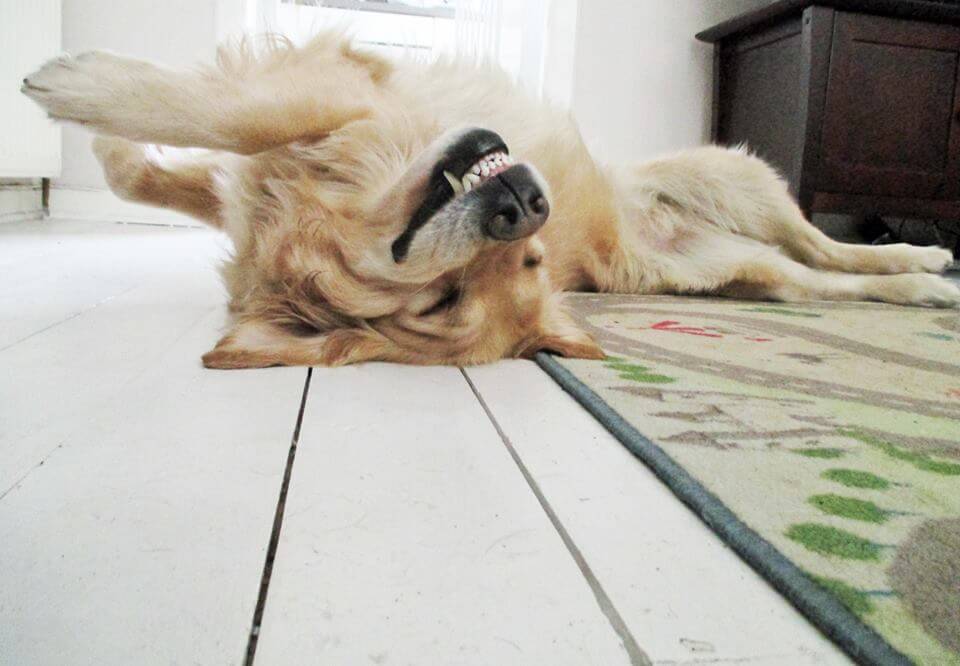

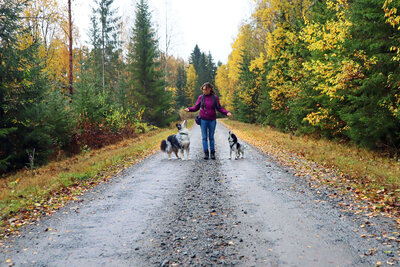
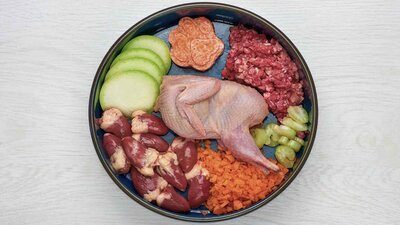
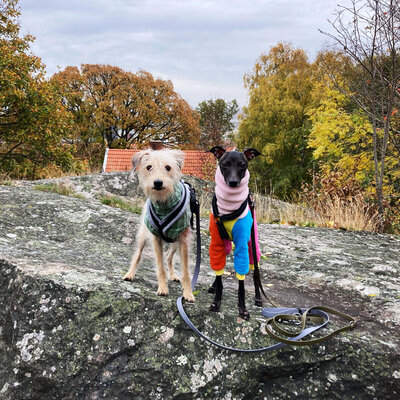
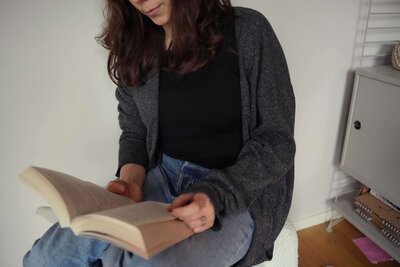

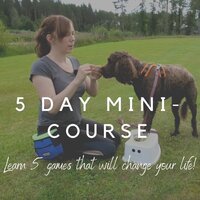


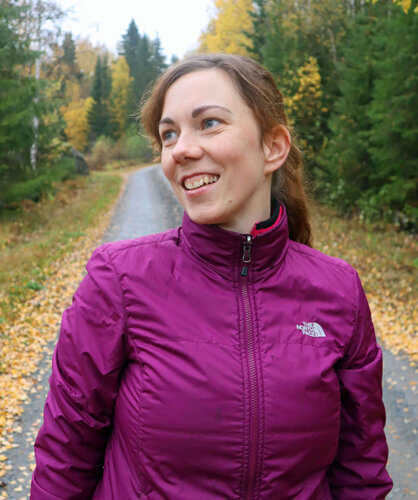


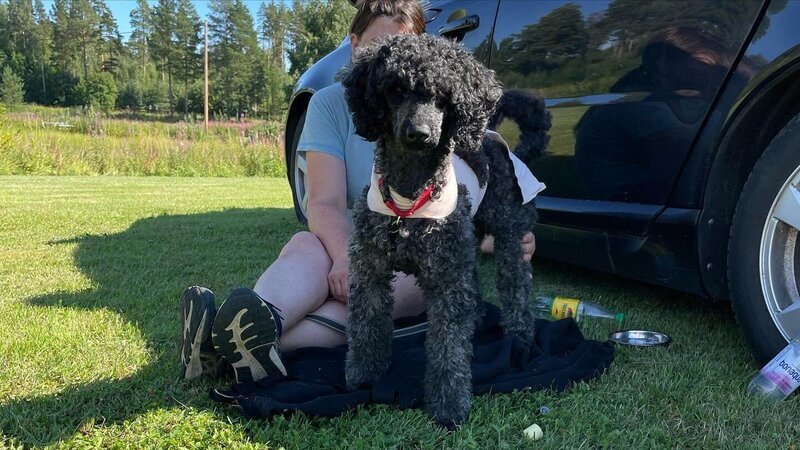

+ show Comments
- Hide Comments
add a comment